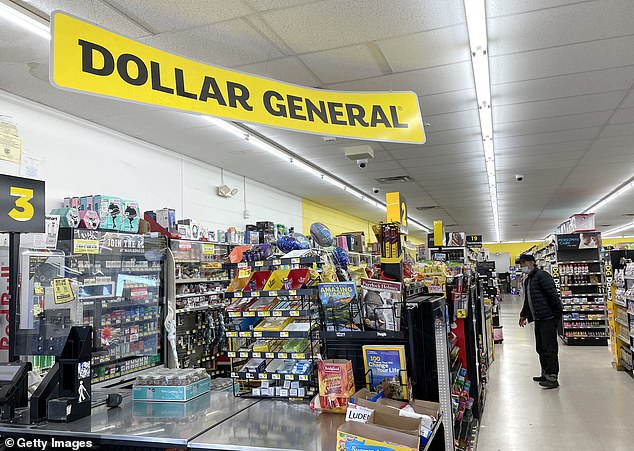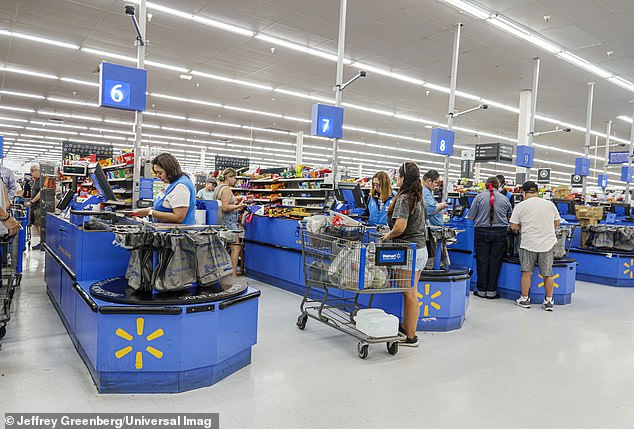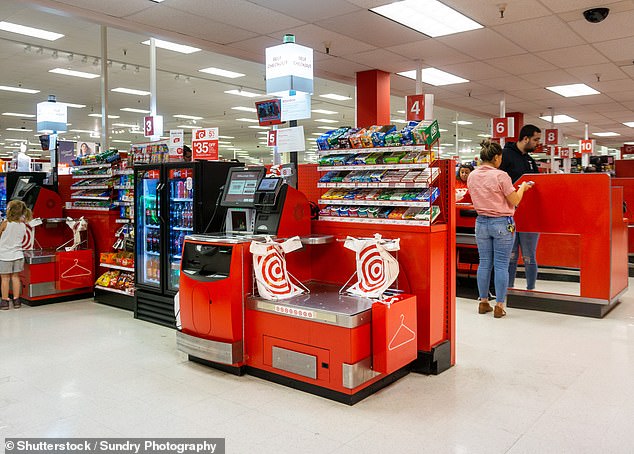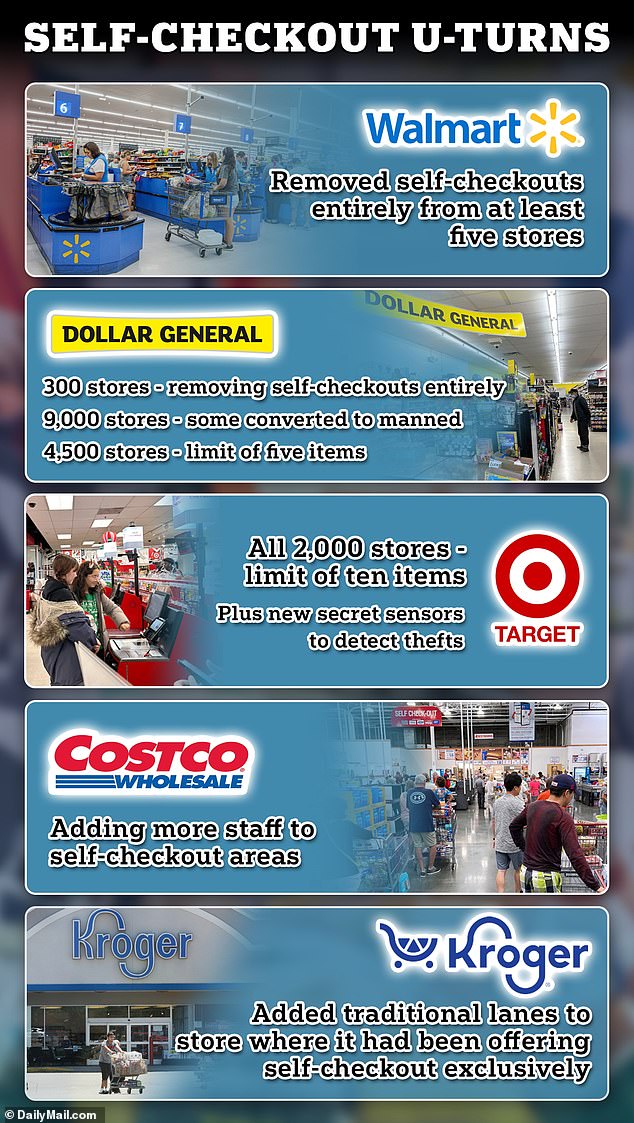The real reason for self-checkout bans under new state law
With major U.S. stores limiting or banning self-checkout entirely to limit losses from skyrocketing shoplifting, pro-labor politicians see an opportunity.
Walmart, Dollar General and Five Below are among the U.S. retailers that have banned self-checkout entirely or in certain locations. Target will limit its self-checkouts to 10 items or fewer, while Costco will add more staff to its self-checkout areas.
Progressive California lawmakers want to go one step further: Take the decision out of the hands of retailers and severely limit self-checkout with a new piece legislation.
The proposed bill, which was recently amended on Thursday, would force stores to have one employee at every two self-checkouts, keeping people working instead of letting technology take over.
Additionally, it says self-checkout machines can only be used by customers with 15 items or fewer, compared to the 10-item limit in a previous version.
Democrat Lola Smallwood-Cuevas, a California state lawmaker from LA, introduced the bill that would force supermarkets and drugstores to allow employees to monitor self-checkout machines

Smallwood-Cuevas, a former union organizer, says her bill is not “tough on crime,” but rather “smart” on crime
The bill also requires at least one employee to man the regular checkout aisle.
Sen. Lola Smallwood-Cuevas, a Los Angeles Democrat, introduced the bill in February and recently said it aimed to reduce shoplifting while keeping store workers safe.
“We have so many bills in this Legislature that are trying to increase penalties,” Smallwood-Cuevas said told the New York Times last week.
“We know that what makes our community safe is not more jail time and punishment. What makes our community safe is real enforcement, with real workers on the ground.”
In addition to the bill’s goal of getting more employees to speak up to potentially deter theft, there are provisions that are not focused on crime at all.
If passed, the bill would require stores that install self-checkout systems to first conduct a study analyzing how many employees “would be impacted by workplace technology.”
These studies should also address “the total amount of salaries and benefits that would be eliminated as a result of workplace technology.”
Once completed, managers should distribute the analysis to potentially affected employees or their collective bargaining representatives.

Dollar General is among the retailers that have announced major changes to automated checkouts in U.S. stores

In two stores, in Missouri and Ohio, Walmart will completely replace self-checkout machines with “traditional” staffed lanes, as shown

Target is deploying new scanners to combat theft at its self-checkout counters, which will be rolled out across all stores by the end of the year. It also now limits self-checkout customers to 10 items or less
The bill is supported by groups representing workers, including the California Labor Federation, the Prosecutors Alliance of California and the United Food and Commercial Workers.
The president of the local chapter of the United Food and Commercial Workers said that “employers have increasingly implemented automated cash registers to dramatically reduce workforces and lower labor costs.”
The union’s press release in support of the bill does not mention the word “crime” at all, but mentions “theft” only twice. The words ‘jobs’, ‘staff’ and ‘relocation’ are used a total of ten times.
Opponents of the bill, especially from the business community, say individuals and groups supporting Smallwood-Cuevas’ bill are focused more on ensuring people stay employed than on actually deterring shoplifting.
“Retail thefts in stores are committed brazenly, regardless of whether there are employees manning cash registers or whether there are self-checkout lanes,” the California Chamber of Commerce and the California Retailers Association told a state legislative committee in a letter stands. obtained by the Sacramento Bee.
In response to criticism, Smallwood-Cuevas, a former union organizer, has pointed out A study This shows that self-checkouts are 16 times more vulnerable to theft than cash registers.
“I don’t just want to be tough on crime,” she said of her bill. “I also want to be smart about it, and I think this is one way to do that.”
Smallwood-Cuevas’ approach to theft comes after shoplifting rose 61 percent by 2023 in Los Angeles alone.

Some of the largest retailers have taken steps this year to reverse the failed self-checkout experiment. The machines were designed to reduce labor costs, but caused increased theft
With statistics like this in mind, Californians are showing signs that they support a shift toward tougher crime policies.
Californians for Safer Communities, a bipartisan group made up of law enforcement, elected officials and companies like Walmart and Target, said in April it had collected 900,000 signatures in support of a ballot measure that would strengthen penalties for shoplifting and drug possession. reported.
This measure could be voted on across the state of California in November, and if passed, many of the shoplifting crimes currently classified as felonies would be upgraded to felonies.
Meanwhile, major retailers are taking matters into their own hands.
Walmart, Target, CVS, Walgreens and many other stores have resorted to chaining items like toiletries and medications to prevent theft, which customers say is a major inconvenience.
The frenzy among major retailers to protect their products from thieves has recently extended to even keeping underwear and socks under lock and key.
